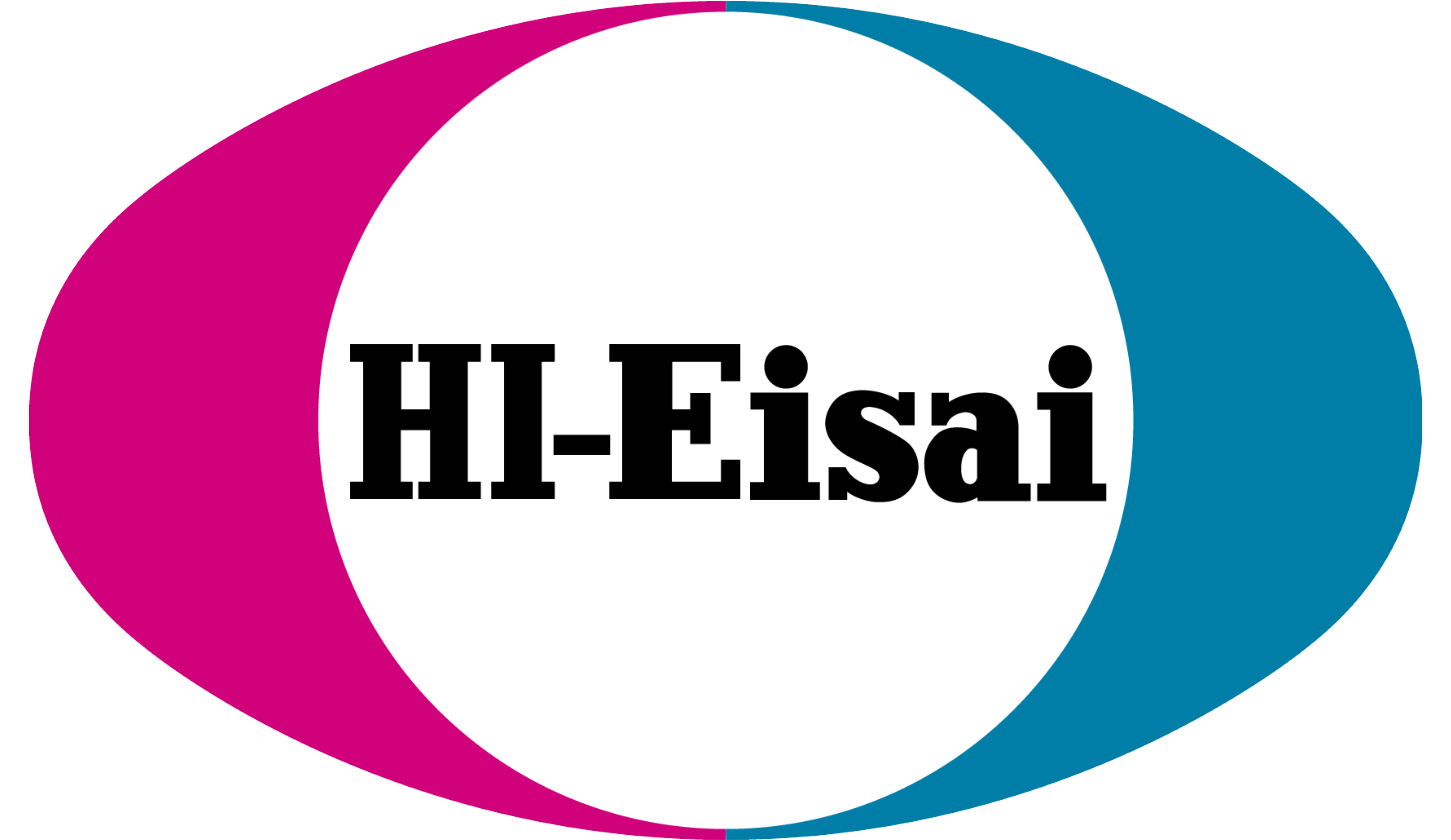What is Epilepsy?
Epilepsy is a neurological disorder characterized by recurrent, unprovoked seizures. A seizure is a sudden, uncontrolled electrical disturbance in the brain that can cause changes in behavior, movements, or feelings. Epilepsy can affect people of all ages and backgrounds and is one of the most common neurological disorders worldwide.
Types of Seizures:
Generalized Seizures: These seizures affect both sides of the brain and can cause loss of consciousness, muscle stiffening, and rhythmic jerking movements. Types of generalized seizures include tonic-clonic seizures (formerly known as grand mal seizures), absence seizures, and atonic seizures.
Focal (Partial) Seizures: These seizures originate in a specific area of the brain and may or may not cause a loss of consciousness. Focal seizures can cause abnormal movements, sensations, or emotions, depending on the area of the brain affected.
Causes of Epilepsy:
Idiopathic: In many cases, the cause of epilepsy is unknown. This is known as idiopathic epilepsy.
Symptomatic: Epilepsy can also be caused by underlying conditions that affect the brain, such as brain tumors, stroke, traumatic brain injury, or infections like meningitis or encephalitis.
Genetic Factors: Some types of epilepsy have a genetic component and can run in families.
Diagnosis and Treatment:
Diagnosis: Diagnosis of epilepsy typically involves a thorough medical history, neurological examination, and various tests such as electroencephalogram (EEG), magnetic resonance imaging (MRI), and blood tests.
Treatment: Treatment for epilepsy usually involves medication to control seizures. In some cases, surgery may be recommended to remove a specific area of the brain that is causing seizures. Other treatment options include vagus nerve stimulation and dietary therapy (such as the ketogenic diet).
Impact on Daily Life:
Safety: Seizures can pose risks to safety, especially if they occur during activities such as driving or swimming. It’s important for individuals with epilepsy to take precautions to prevent injury during seizures.
Psychosocial Impact: Epilepsy can have a significant impact on a person’s quality of life, leading to feelings of anxiety, depression, or social isolation. Support from Doctors, family, and friends can help individuals cope with these challenges.
Conclusion:
Epilepsy is a complex neurological disorder characterized by recurrent seizures. While epilepsy cannot always be cured, it can often be managed effectively with medication and other treatments. With proper management and support, many individuals with epilepsy are able to lead full, active lives.







